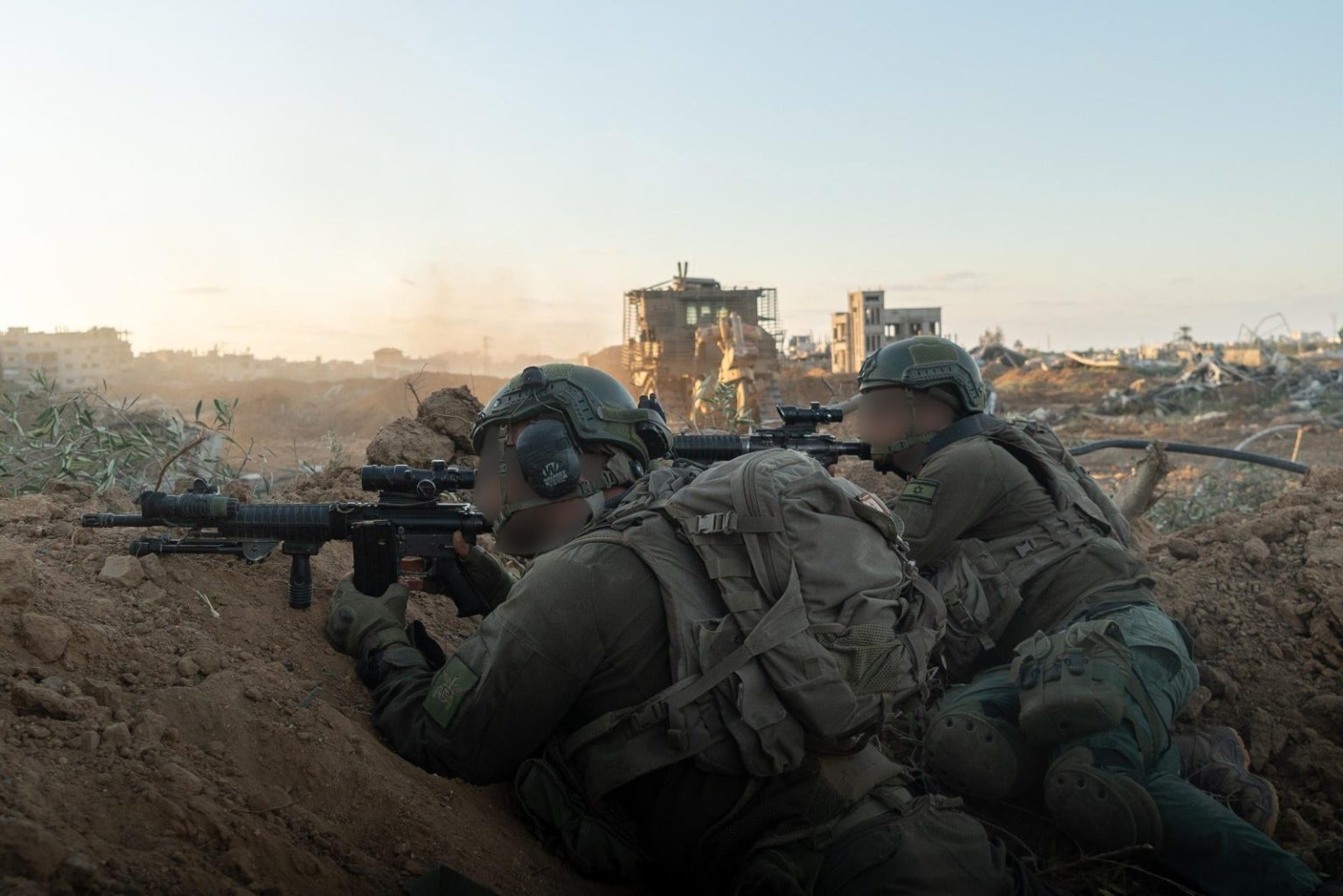The fragile cease-fire agreement between Israel and Hamas, brokered by the U.S. and Qatar, is once again teetering on the brink of collapse, with renewed disputes over the strategically significant Philadelphi Corridor threatening to derail the painstakingly negotiated terms. This narrow strip of land bordering the Gaza Strip and Egypt has become a recurring obstacle in negotiations, a testament to its perceived importance for both sides. Israel views the corridor as essential to its national security, fearing that Hamas could exploit it for smuggling weapons and coordinating with extremist groups in Egypt’s Sinai Peninsula. Hamas, on the other hand, likely sees Israeli control of the corridor as a restriction on its autonomy and a vulnerability. The current impasse centers on Hamas’s alleged demands for changes in the deployment of Israeli forces in the corridor, details of which remain unclear. This echoes previous breakdowns in negotiations, such as the failed July deal that could have secured the release of American-Israeli hostage Hersh Goldberg-Polin, who was tragically killed a month later along with five other hostages.
The renewed disagreements highlight the complexity and fragility of the cease-fire negotiations. While American and Qatari mediators, along with the Israeli government, have worked tirelessly to achieve a breakthrough, Hamas’s alleged last-minute demands have created a sense of uncertainty and frustration. Israeli Prime Minister Benjamin Netanyahu has accused Hamas of deliberately sabotaging the agreement by introducing new conditions after terms had been agreed upon. The White House, while acknowledging the challenges, remains optimistic that the remaining issues can be resolved, emphasizing their commitment to working with all parties to ensure the deal’s successful implementation. However, the repeated emergence of the Philadelphi Corridor as a sticking point raises concerns about the long-term viability of any agreement that does not address the underlying security concerns of both sides.
The Philadelphi Corridor dispute is not the only factor complicating the cease-fire efforts. Internal political dynamics within Israel further complicate the situation. Right-wing members of Netanyahu’s coalition government, including National Security Minister Itamar Ben-Gvir and Finance Minister Bezalel Smotrich, have voiced strong opposition to any deal perceived as compromising Israeli security interests, particularly those involving continued IDF presence in the Gaza Strip. This internal pressure could limit Netanyahu’s room to maneuver and potentially embolden Hamas to escalate its demands. The confluence of external pressures from Hamas and internal resistance within the Israeli government create a volatile situation where blaming the “other side” becomes a convenient political tactic, potentially hindering genuine progress towards a sustainable peace.
Adding to the already intricate situation are Hamas’s reported demands regarding the release of specific Palestinian prisoners held by Israel. While the initial framework of the deal includes the phased release of Palestinian prisoners in exchange for the hostages held in Gaza, Hamas’s alleged new demands raise questions about the group’s commitment to the agreed-upon terms. The first phase, intended to last 42 days, prioritizes the release of hostages falling under “humanitarian categories,” including children, women, the elderly, and the sick. The second phase, scheduled to begin on the 16th day of the cease-fire, would address the release of Israeli soldiers, both living and dead. The potential release of over 1,000 prisoners over the course of the exchange underscores the significant concessions both sides are contemplating, but also highlights the potential for disagreement and manipulation.
The plight of the hostages and the return of the remains of fallen soldiers add a deeply human dimension to the negotiations. Families of the captives, like Ruby Chen, whose son Itay Chen is believed to have been killed and taken hostage by Hamas, have become vocal advocates for their loved ones’ release. Chen’s advocacy highlights the evolving demands of the families, who now insist on the simultaneous release of all hostages, including the deceased, arguing that the phased approach is no longer acceptable. This shift in demands reflects the families’ growing desperation and underscores the immense emotional toll the hostage situation has taken. Their anguish adds a further layer of complexity to the negotiations, as their demands place additional pressure on Israeli negotiators to secure the unconditional return of all captives.
The ongoing cease-fire negotiations between Israel and Hamas remain precarious, highlighting the deep-seated mistrust and competing interests that have long fueled the conflict. The disputes over the Philadelphi Corridor, coupled with internal Israeli political dynamics and the sensitive issue of prisoner exchanges, create a challenging environment for achieving a lasting agreement. The volatile nature of the Middle East, where even the slightest spark can ignite a major conflagration, adds a sense of urgency to the need for a resolution. The families of the hostages, caught in the crossfire of this political struggle, serve as a constant reminder of the human cost of conflict and the imperative to find a path towards lasting peace. The success of the cease-fire hinges on the ability of all parties to overcome their differences and prioritize the safe return of the hostages, a crucial step towards building a future free from violence and fear.














